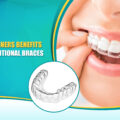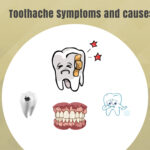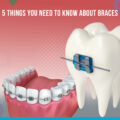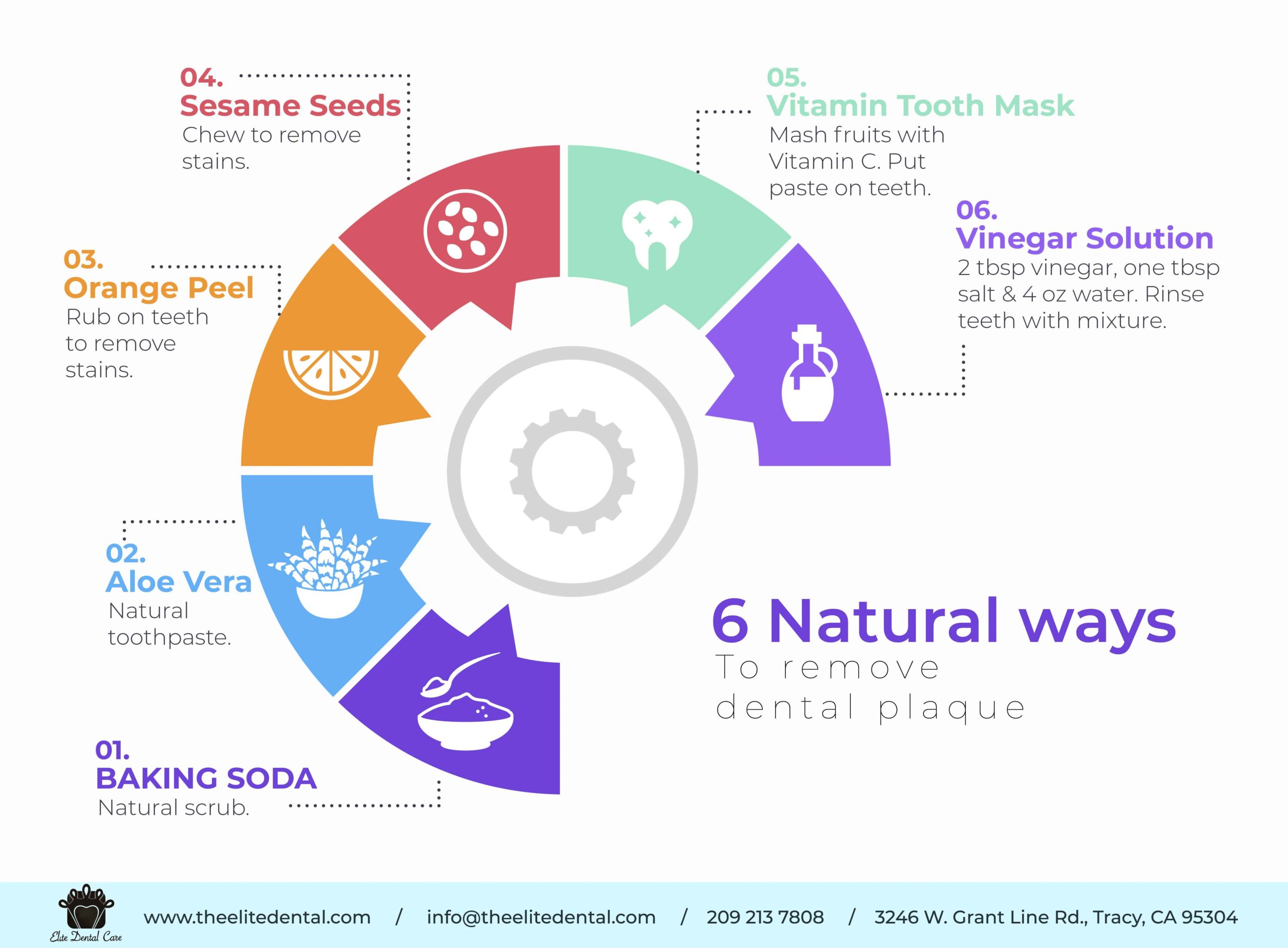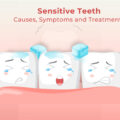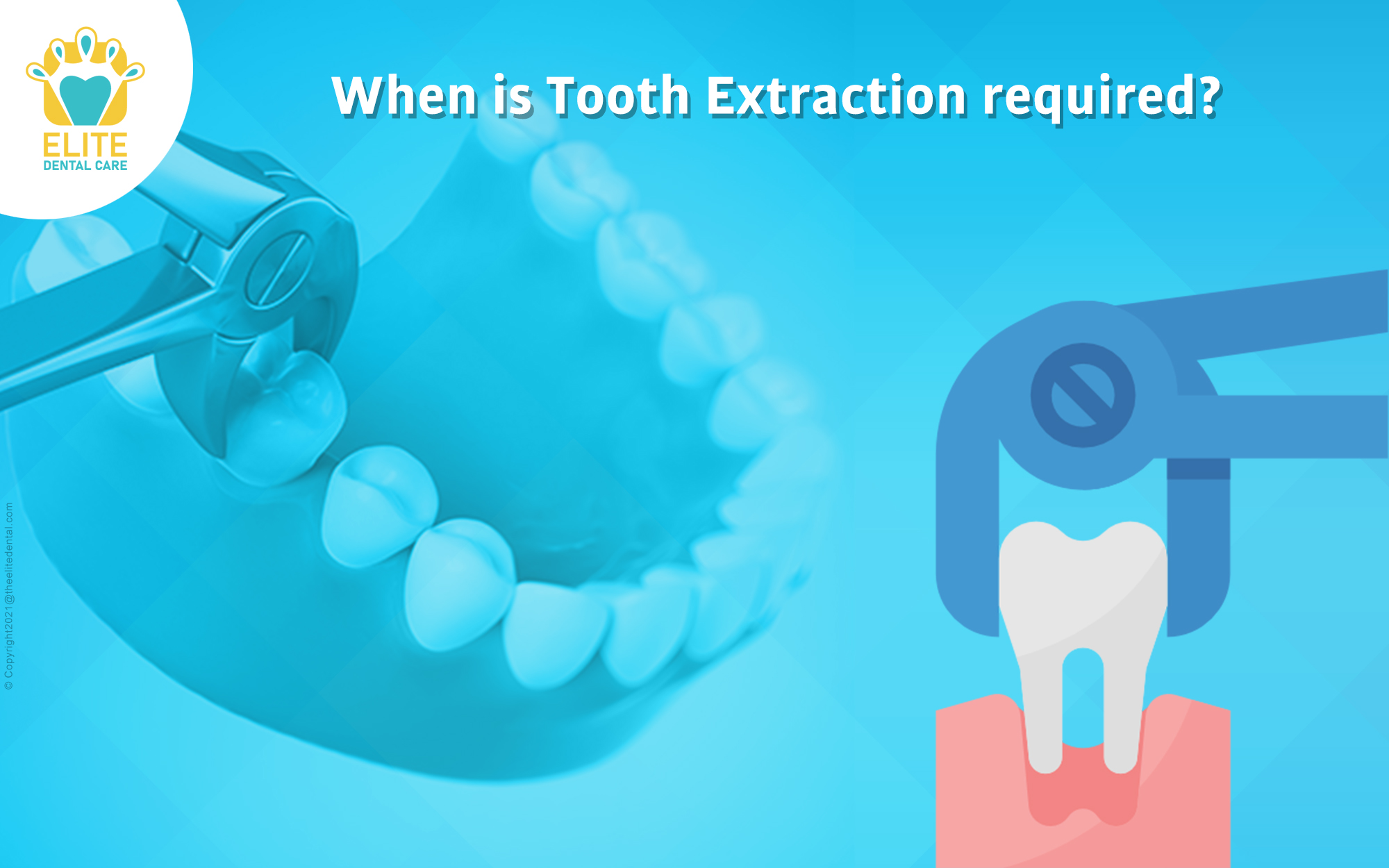
dental careTooth ExtractionUncategorized
edental
29 March 2022
When is Tooth Extraction required?
Is there a chance you will have a tooth removed, which may involve surgery? Yes, frequently. Extractions are performed frequently in the world. When you have a tooth extracted, it’s usually a pretty straightforward process. But in some situations, some other advanced-level procedure may seem necessary because of the complication level. How to care for your mouth after a surgical extraction is described in this article which explains why dentists need to extract teeth and how a surgical extraction may be necessary.
What is tooth extraction?
Extracting a tooth involves removing it from its dental alveolus or socket. An oral surgeon is primarily responsible for this procedure. In addition to performing tooth extraction procedures, general dentists and periodontists also practice these services as part of their core knowledge of dentistry.
After your tooth extraction, your teeth, gums, and mouth will be thoroughly examined by your dentist. When they can’t save teeth, they perform the procedure as painlessly as possible to minimize the pain you experience. To ensure complete numbness of the area where they will take the tooth out, doctors numb it with a local anesthetic before extraction.
Tooth extraction process: What’s the deal?
Removing wisdom teeth in adulthood may be necessary, even though a smaller population of teens and adults undergo the process. In addition to decay, infection, and crowding may be the causes of an extraction. Before getting the braces, some may have to extract a tooth or two to make space for other teeth as they move into place. Furthermore, anyone undergoing chemotherapy or scheduled for an organ transplant may require the removal of compromised teeth as a preventative measure.
A dentist or oral surgeon will usually perform tooth extractions as an outpatient procedure under local, general, or intravenous anesthesia, depending on the type of anesthesia used. Visible teeth can usually be extracted without anesthesia. For broken teeth, teeth below the surface, or teeth impacted, a more involved process is required.
What is the frequency of tooth extractions?
The tooth can usually be extracted if it is broken or damaged by decay after being filled, crowned, or treated in another way. However, damage may be too severe for a dentist to improve, in which case extracting the tooth is the best option.
Another reason for extracting a tooth might be:
- The tooth has become infected or decayed deeply
- Being hurt or traumatized
- Your mouth is too small to accommodate all of your teeth
- Before permanent teeth emerge, not enough time is given for baby teeth to fall out
- Orthodontic treatment can move teeth into their proper positions, making it necessary to remove teeth
- It is usually recommended to extract wisdom teeth, or third molars, before their emergence or after their emergence
What can I do to prepare for tooth extraction?
Your dentist will make you undergo an X-ray test of your tooth before commencing the procedure. Ensure your dentist is aware of any medications, vitamins, supplements, and over-the-counter medications you are taking.
If you undergo an intravenous medication called bisphosphonate treatment for another medical condition, notify your dentist right away. You are taking medicine before the extraction is necessary, as otherwise, you could develop osteonecrosis (bone death).
If you have any of these conditions, tell your dentist about them as well:
- Congenital heart defects
- Diabetes
- Liver disease
- Renal disease
- Hypertension
- Thyroid disease
- Damaged heart valves
- An impaired immune system
- An artificial joint
- History of bacterial endocarditis
Your dentist might want to confirm that all conditions are stable or treated during the tooth extraction process. You may be prescribed antibiotics when you face these symptoms at the procedure’s consultation.
- The surgery is likely to last a long time.
- The immune system is weak, or you have an infection
- You have a specific medical condition
To ensure the best possible treatment for your extraction, you should keep the following in mind.
- Wear short sleeve shirts or loose-fitting clothing, and do not eat or drink six to eight hours before your appointment.
- You shouldn’t smoke before.
- It is best to let your dentist know if you have a cold since you may have to reschedule.
- It will require different anesthesia or rescheduling if you vomited or were nauseated the night before.
- Make sure someone is with you to drive you home if you’re undergoing general anesthesia.
What is the tooth extraction process?
If you have made up your mind about tooth extraction, you need to prepare for it entirely; hence this is not major surgery. But you have to follow every instruction, whether it is a small or big surgery. According to your health, there are two types of your dentist’s process here in this surgery.
- Simple extraction: It is a simple extraction removal of a visible tooth in your mouth. A general dentist is typically the one who performs these extractions. Extraction with a simple tool will require your dentist to numb the tooth and gums and use an elevator to loosen the tooth before removing it with dental forceps.
- Surgical extraction: An extraction by surgery is more complex and may be necessary if the tooth has become broken off at the gum line or has yet to come into the mouth. Oral surgeons usually perform the procedure, although general dentists can also serve it. If you have to have a tooth extracted surgically, you will undergo a small incision in your gum to remove the underlying tooth.
After the extraction care
You have to remain clean in the extraction part after the surgery so that you will not face any infection there. Your dentist may have you bite gently on a piece of dry, sterile gauze after the procedure, which you should keep in place for up to 45 minutes to control bleeding while clotting takes place. You will receive detailed aftercare instructions from your dentist, but you shouldn’t smoke, rinse your mouth vigorously, or clean your teeth immediately following an extraction. If you have swelling or feel pain in your mouth, apply an ice pack to reduce the swelling.
What is full mouth rehabilitation?
While full mouth rehabilitation may sound complex, it is actually a combination of restorative dental treatments with fixing or rebuilding your smile. In this procedure, your dentist’s goal is not just not to help you out but also to give you a beautiful smile again. Furthermore, you should strengthen and invigorate the tissues and structure of your teeth. Depending on specific issues that affect your smile, your full mouth reconstruction may be composed of different types of treatments. During your consultation, your dentist will thoroughly discuss with you your dental issues, the treatments that can restore your smile in the least invasive manner, and what options you have for rebuilding your smile.
What is the reason for rehabilitation dentistry?
Damaged or infected teeth cannot recover on their own, so rehabilitation is a vital part of dental care. You might not realize it, but if you allow a chipped edge, cracked surface, or even a minor cavity to worsen without treatment, they will pose a severe threat to your oral health. Fillings or dental procedures can restore a single plagued tooth in the vast majority of cases. Most of the time, patients have a variety of dental issues with more than one tooth and the tissues surrounding the teeth. A restorative dentist restores a smile that has become unhealthy after one or more failed procedures. When a traditional whole mouth rehabilitation has been ruled out as the only option, you will need to undergo multiple procedures.
A jaw problem is possible.
You should know that if your mouth goes far too long without teeth (bone), your jaw will begin to disfigure, causing pain for the rest of your life.
A person without teeth may suffer from health issues significantly since it can affect their ability to consume all of the nutrients they need on a daily basis. Alternatively, they can consume supplements or pureed food. These methods are, however, prone to becoming boring over time.
In general, full mouth rehabilitations are not cheap; therefore, the cost will vary depending on the type of therapy you need. In summary, it is essential to take care of your oral health and missing teeth as soon as possible, as this will help you avoid creating more problems that will be more expensive than fixing the original issue.
What is the process of rehabilitation?
You can begin the process of oral rehabilitation by consulting with your dentist. The dental professional will be able to determine whether and what type of rehabilitation is necessary for your mouth to return to its optimal state through a comprehensive oral examination.
- X-rays: They are used to determine whether there is any decay below the surface of the teeth as well as what is happening beneath the surface of the teeth.
- Gum health: A periodontal chart, along with your dentist and hygienist assessing your mouth for potential periodontal disease, will determine whether you need root planning before your rehabilitation. Tooth loss is the most common result of periodontal disease. It would not be advisable to undergo extensive treatment if your teeth do not have a healthy foundation. When tartar and bacteria build up below the gum line, spaces between the tooth and the gum line become evident, a root planning procedure is necessary. Before pursuing any other treatment, you must consider all of the above.
- History: Your dentist will ask you about your dental health history as well. You can examine your mouth together to determine whether you have lost any teeth and what treatments you have already had. In cases of missing teeth, replacement is likely to be included in your treatment plan.
- Appearance: If you are unhappy with your smile, we can help you improve it in addition to your oral health. Your natural teeth will be compared to your ultimate goal of a smile during rehabilitation in order to determine the color, shape, and size of your teeth.
- Jaw: Depending on the severity of your tooth wear or the severity of your jaw pain, rehabilitation might take into account the best way to help the jaw heal.
Choosing between rehabilitation and smile makeover
If you are thinking that an orthodontic rehabilitation resembles a smile makeover, you are not mistaken. These two types of procedures, however, have one significant difference. Making your smile look better, more prominent, and even more beautiful is actually a cosmetic procedure. Unlike restorative dental procedures, however, it does not include dental repairs. As opposed to dentures and root canals, veneers and crowns are not the same things.
Having a smile makeover at the same time as your entire mouth rehabilitation is not impossible. With your new set of teeth, you will enjoy the positive change in your smile that you had been hoping for at the same time as maintaining the functionality that your teeth deserve to allow you to enjoy your life to the fullest.
A comprehensive plan for your entire mouth rehabilitation
Whatever the cause of your damaged, infected, or missing teeth, or the condition of your gums, your dentist can provide you with a variety of services to address your individual situation. Full mouth reconstruction can be performed when any of the following conditions exist:
- Covering, protecting, and restoring teeth with dental crowns
- they can transform several teeth simultaneously with porcelain veneers
- Comprehensive tooth replacement using dental implants
- You can relieve jaw pain and improve your bite’s function with TMJ treatment
Conclusion
In case you are considering a full mouth rehabilitation because you have experienced multiple complications with your teeth and gums, you should consult your most trusted dentist. It is well known that dental infections are among the most acute problems that one can have. You can only consume healthy food through your mouth and survive. Your teeth must be healthy in order for you to live a healthy life. That is why you should not delay getting your teeth checked up, and if necessary, you must seek full rehabilitation right away.
